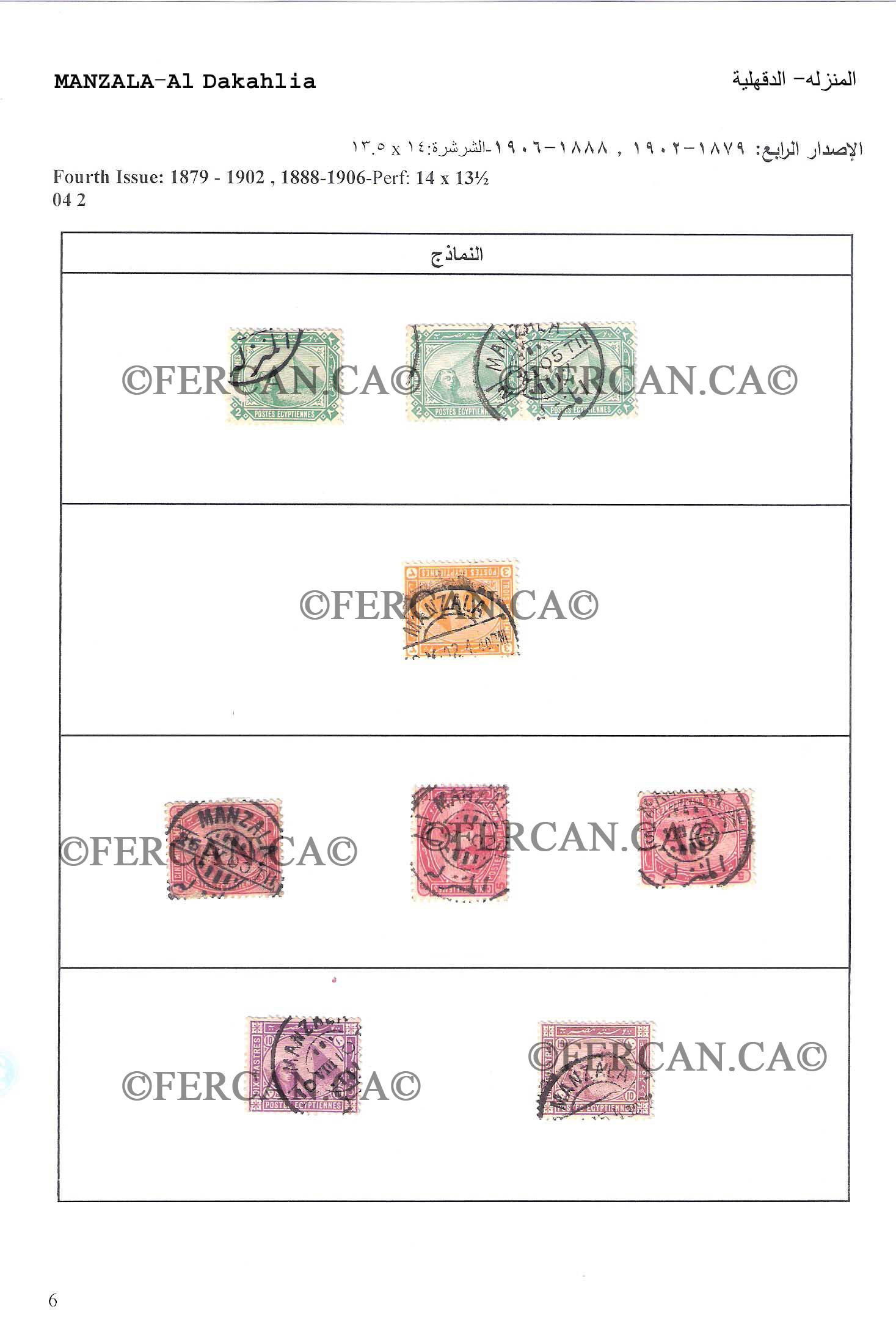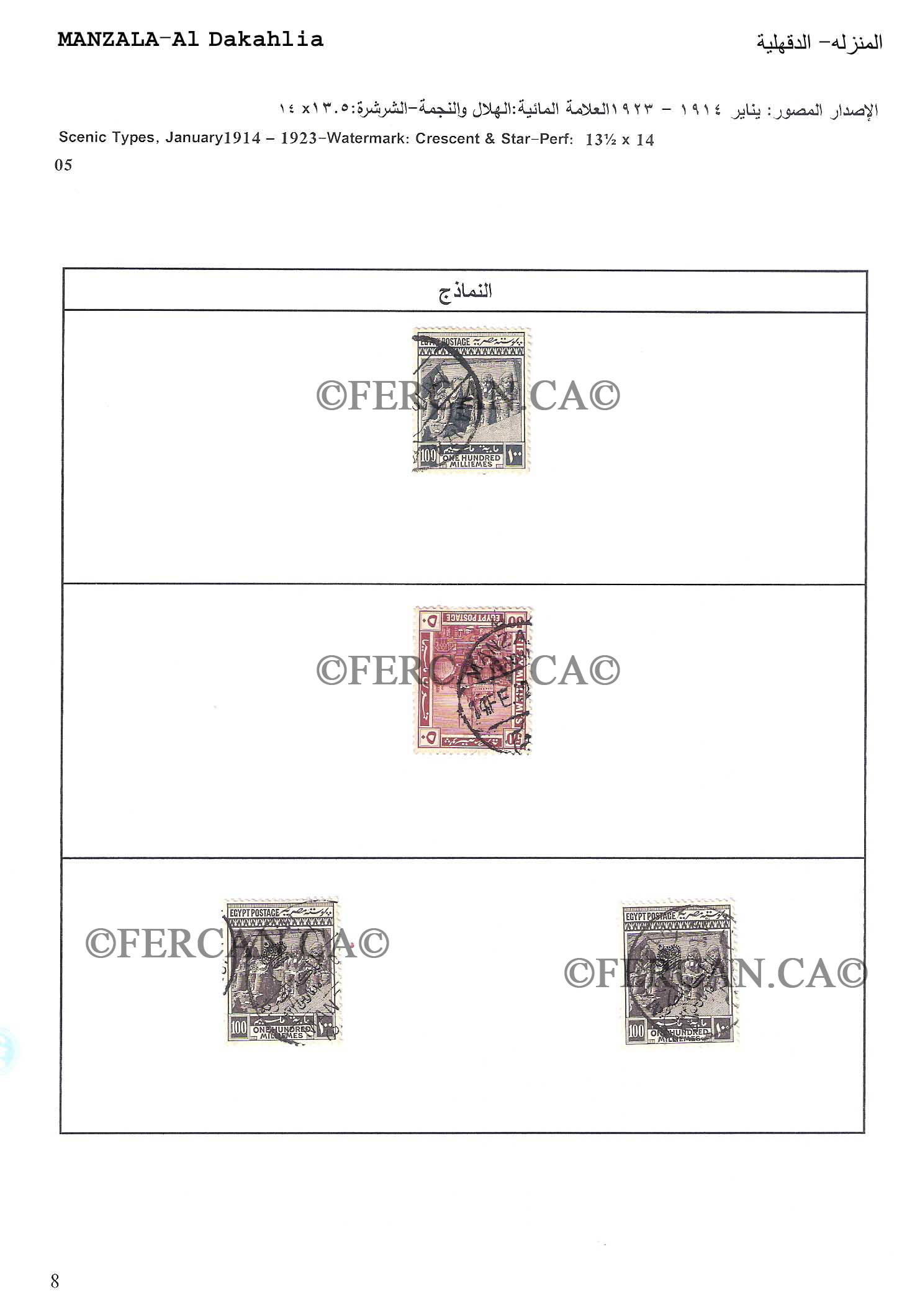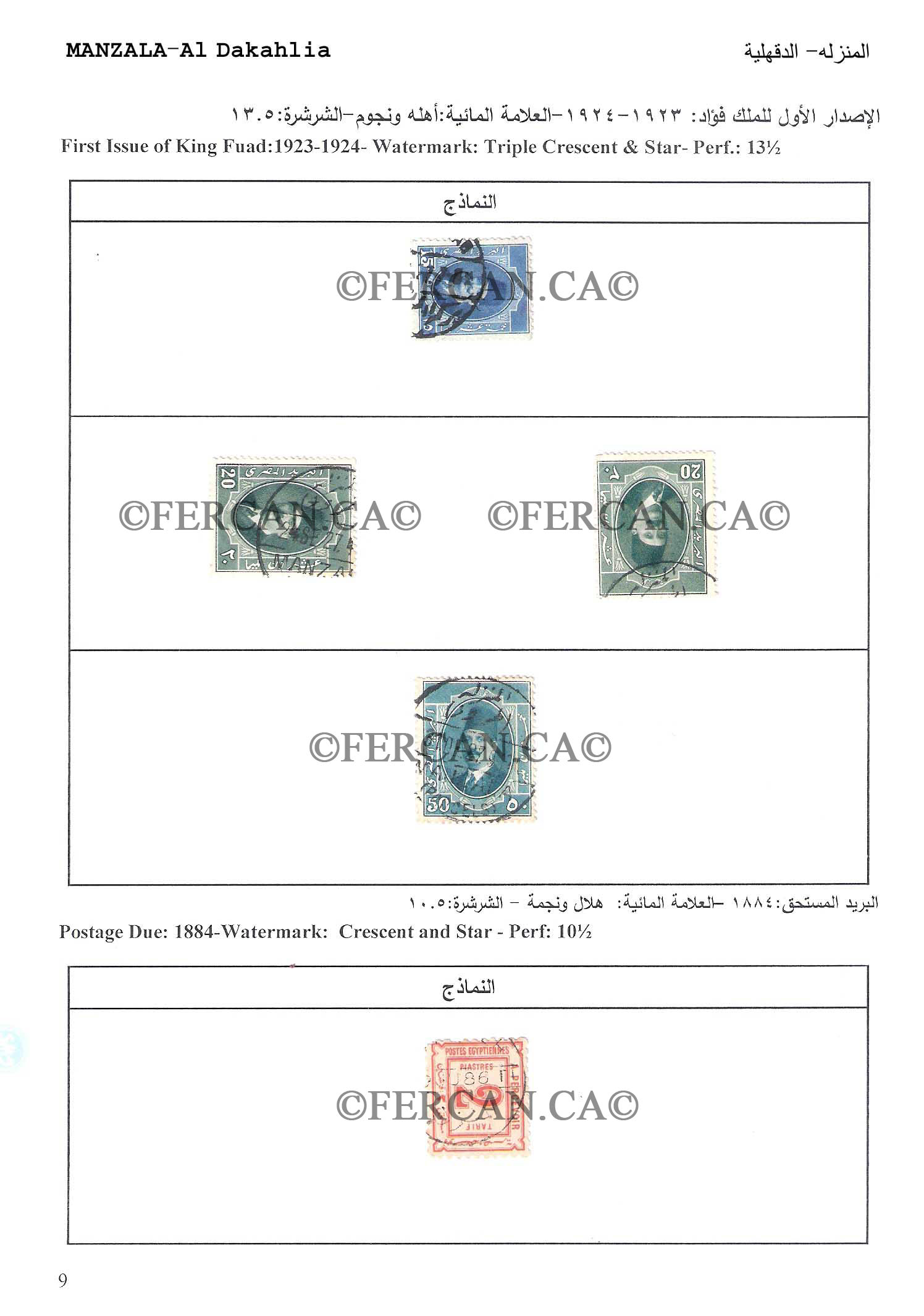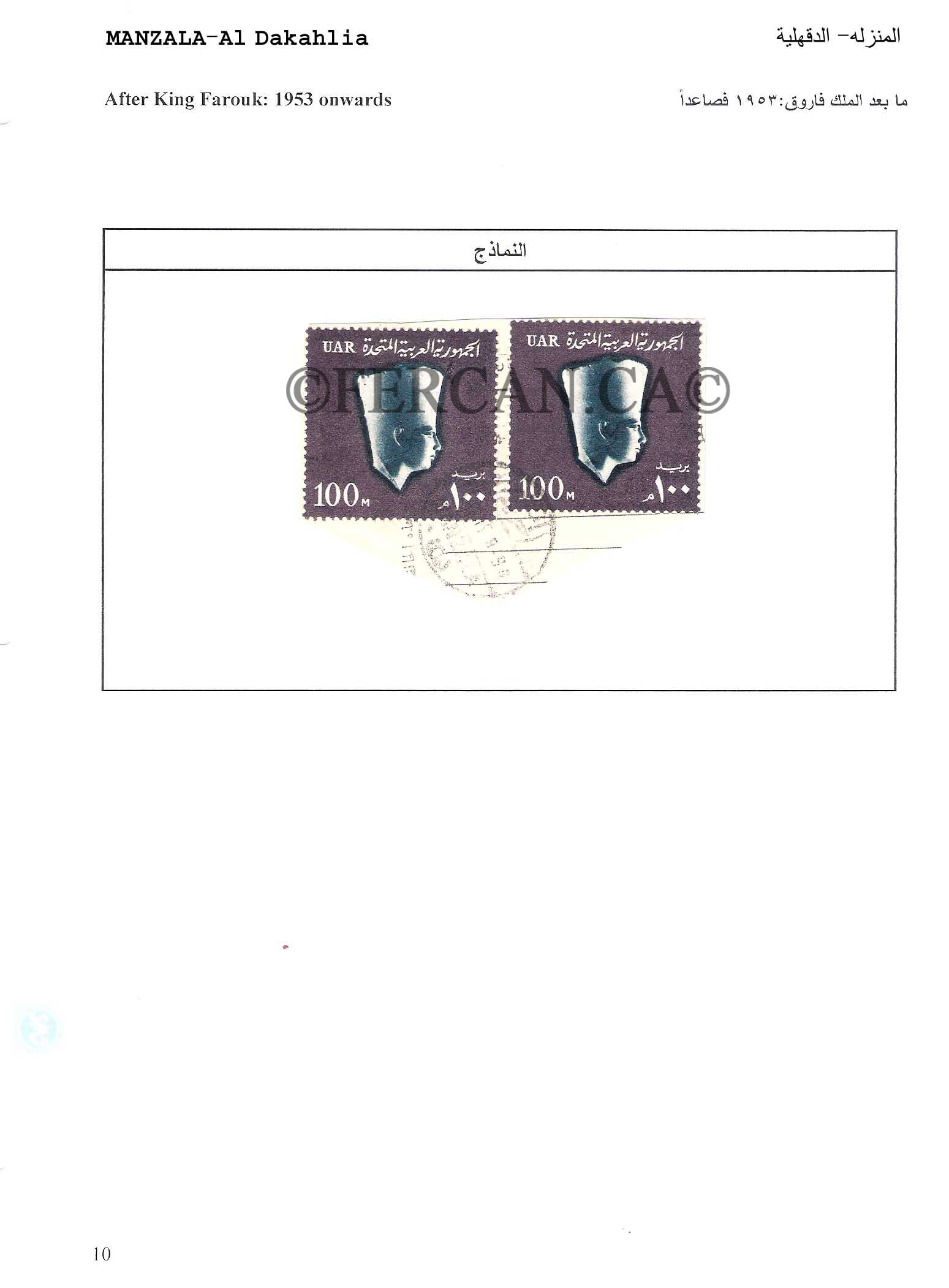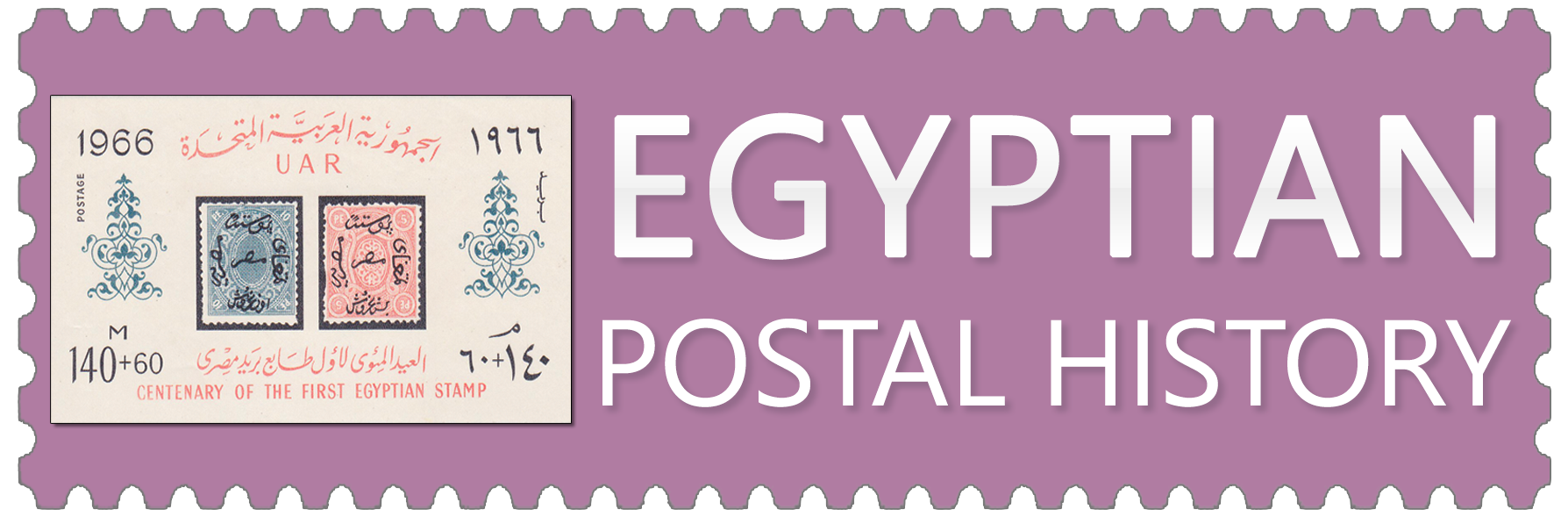El-Manzala is a city located in the northeastern part of Egypt and was originally called Tenis, a hieroglyphic word meaning silk production because the city was famous for producing natural silk. It was named El-Manzala after the place in which Qaqaa Ibn 'Amr Al-Tamimi had settled after the conquest of a Roman fort. He wrote a letter to Amr Ibn Al-Aas, and Amr Ibn Al-Aas replied to him saying, "May Allah bless your settlement." So it was named El-Manzala (The Settlement).
El-Manzala is a city that combines both rural and urban characteristics, and contains the famous Lake Manzala, which is distinguished for its islands, such as the island of Ibn Salam and for the tomb of the Companion Abdullah Ibn Salam. Lake Manzala attracts a good number of visitors every year because of its abundance of fish and migratory birds of various species. Lake Manzala was planned to be a tourism site. El-Manzala has all the cultural features of the governorates of Lower Egypt and the Nile Delta. Its economy depends on various agricultural, industrial, and petroleum resources, and contains many garment factories, food factories, natural gas fields, and a lake that supports abundant fisheries.
During the French occupation of Egypt this city was politically significant due to the influence of a group of its citizens who instigated other Egyptians to fight the French occupation. Among those people was Hassan Tobar, head of El-Manzala, leader of the instigators, a staunch rebel, and manager of the resistance movement in the governorate. Reibo described the inhabitants of this region, saying “Mansura governorate is a turbulent place that is connected with Lake Manzala and inhabited by strong and long-suffering people who are more robust and powerful than other Egyptians.” The French Campaign began to move from Mansura on 16 September 1798 under the leadership of Generals Dumas and Wosting, who were guided by General Doga. They moved alongside El-Bahr El-Saghier (The Small Sea) with their ships, anchoring them near Meniet Mahalet Demna, in accordance with Napoleon’s orders to gain control of Egypt.

